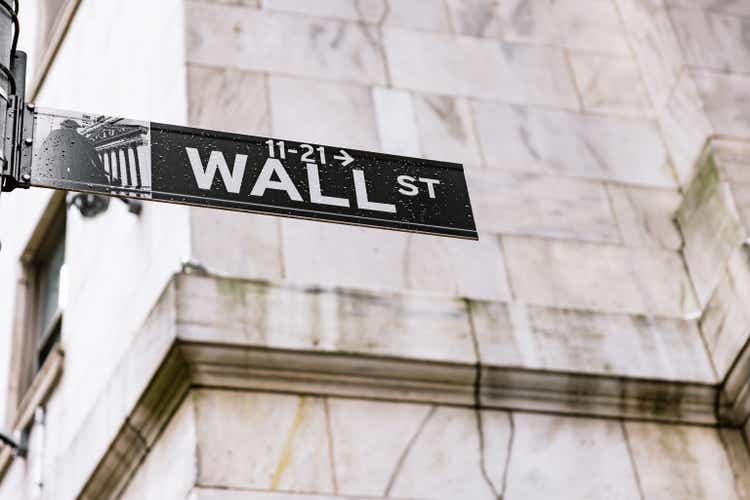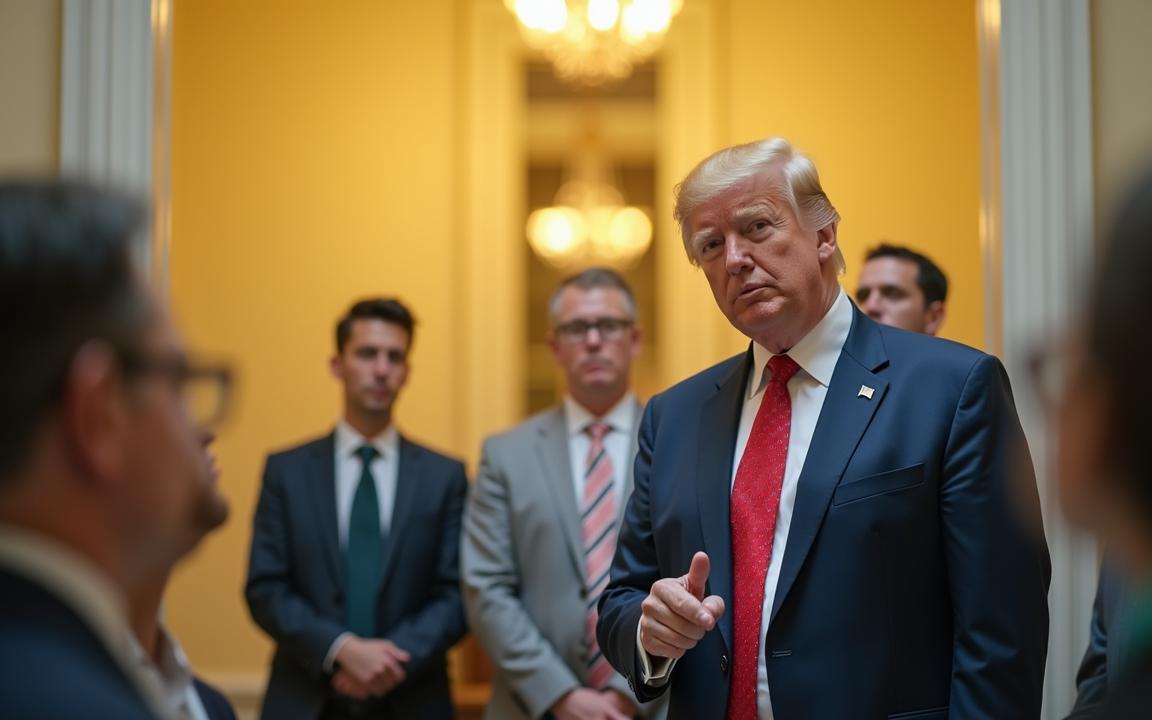Pharmaceutical stocks have seen a sharp sell-off in trade on April 4, after U.S. President Donald Trump announced that his administration is looking at possible tariffs on pharmaceuticals.
However, international brokerage CLSA allayed concerns, stating that the risk of high tariffs on pharma products is low. “The pharma is going to be starting to come in at, I think, a level that you haven’t really seen before,” President Trump said speaking to reporters aboard Air Force One . Despite this, CLSA believes that the risk is lower than the markets are currently pricing in, as U.

S. healthcare system sees major savings benefits as a result of Indian generics. Indian companies contributed 46 percent of generic savings to the U.
S. healthcare system. Further, the Hong Kong-based brokerage believes that even if tariffs are imposed, Indian drug makers are likely to pass on the costs, given their dominant market share.
However, if these Indian pharmaceutical players are unable to hike their costs, it may result in a shutdown of production. Generic products can command only very lower margins, therefore, if they are unable to increase prices, they could stop manufacturing which would result indrug shortages in the U.S.
CLSA noted that India currently imposes a 5–10 percent customs duty on pharmaceutical imports from the U.S., which could set the stage for reciprocal tariffs of up to 10 percent on Indian pharma exports to the U.
S. But, given that India collects less than $50 million in customs duty from U.S.
pharma imports, the government is likely to consider removing this duty altogether. If that happens, the U.S.
may reciprocate by holding off on any reciprocal tariffs, which could ease concerns for Indian pharma exporters. At 1.20 pm, the Nifty Pharma index nosedived 4.
2 percent to 20,529.70, with Laurus Labs, IPCA Labs and Granules leading the losses, falling up to 9 percent in trade. Follow our live blog to catch all the market updates Earlier, Karoline Leavitt, White House Press Secretary, serving in President Donald Trump's administration since January 20, 2025 also hinted at moving pharmaceutical manufacturing back to the US.
“We have outsourced our critical supplies chains in our countries. Do we want out life saving drugs and medicine and chips to be made in China or here in United States of America? This is a common sense policy,” said Leavitt. In the previous session, domestic pharmaceutical players had heaved a sigh of relief in trade on April 3, while the other sectors saw intense selling pressure, as the White House had excluded pharmaceuticals products from the reciprocal tariffs announced by U.
S. President Donald Trump. The views and investment tips expressed by investment experts on Moneycontrol.
com are their own and not those of the website or its management. Moneycontrol.com advises users to check with certified experts before taking any investment decisions.
.













_0.jpg?itok=yAIF6nFK)

